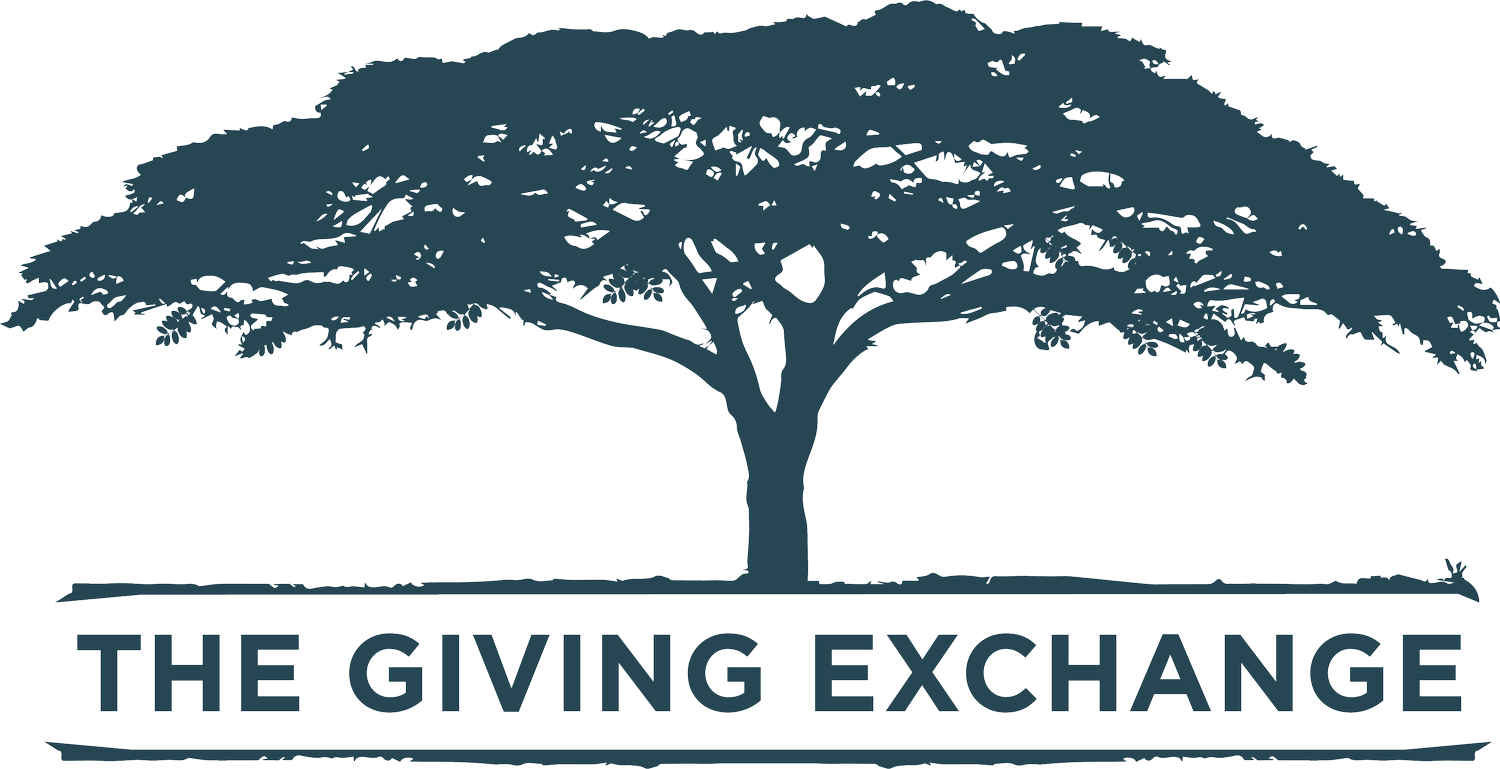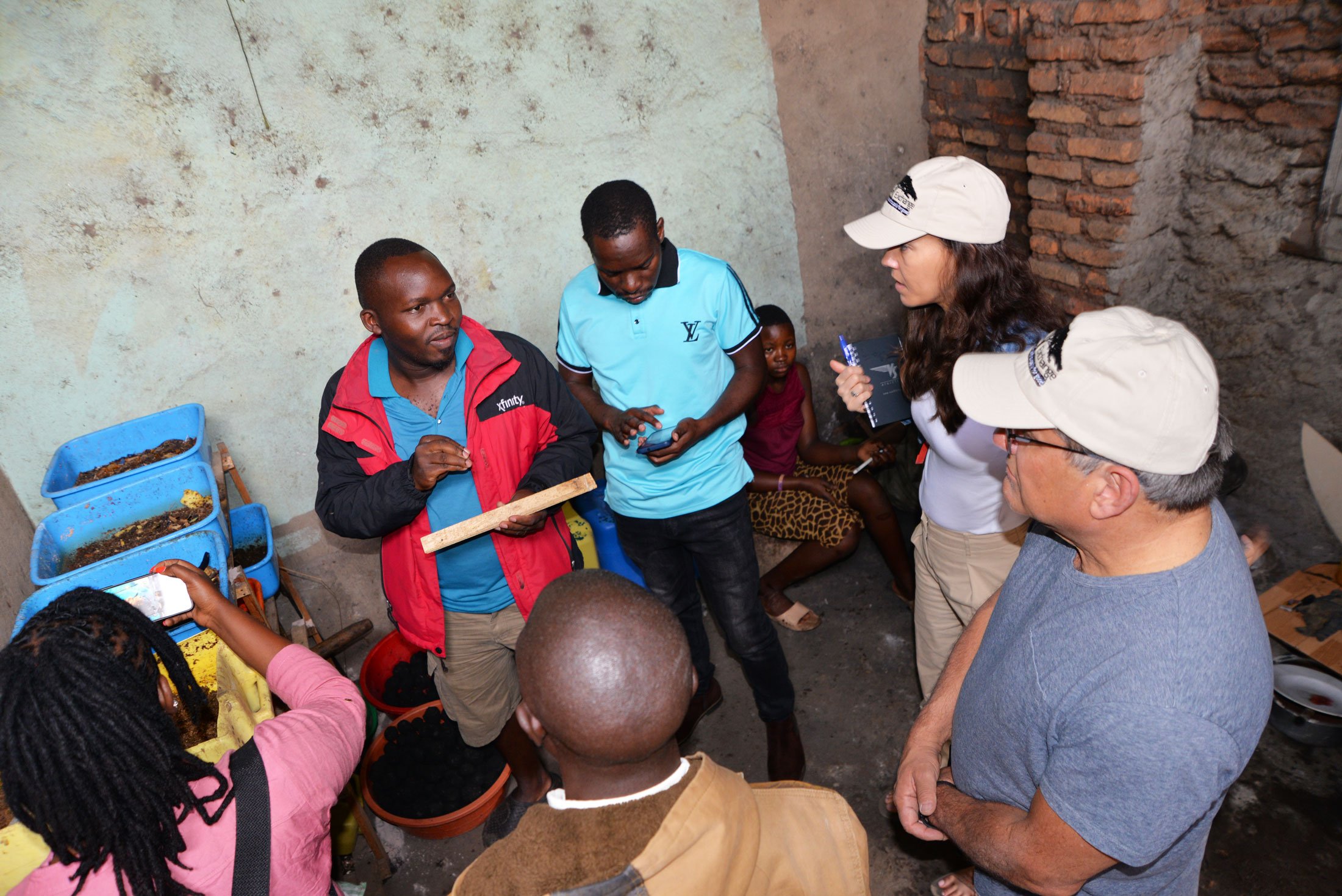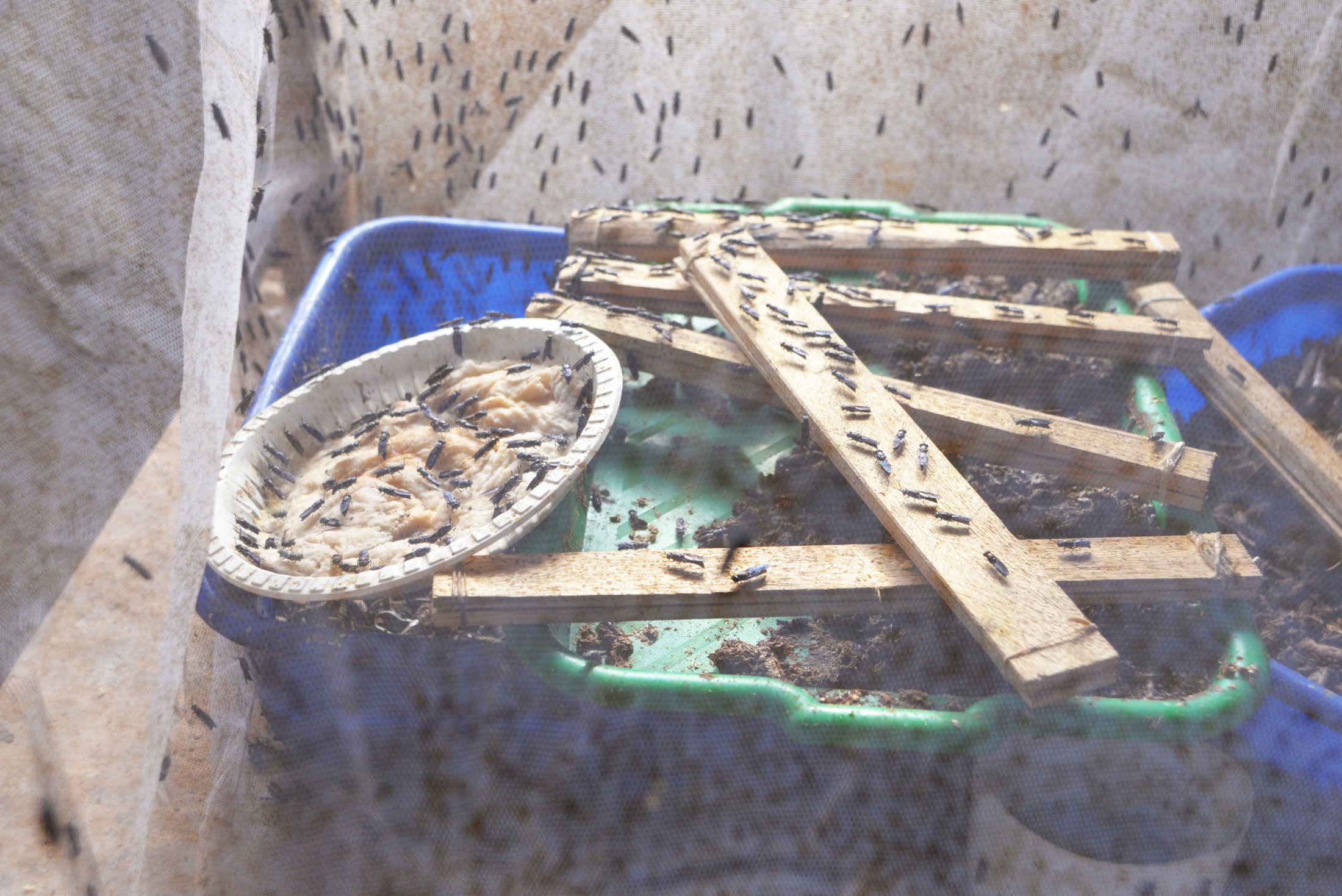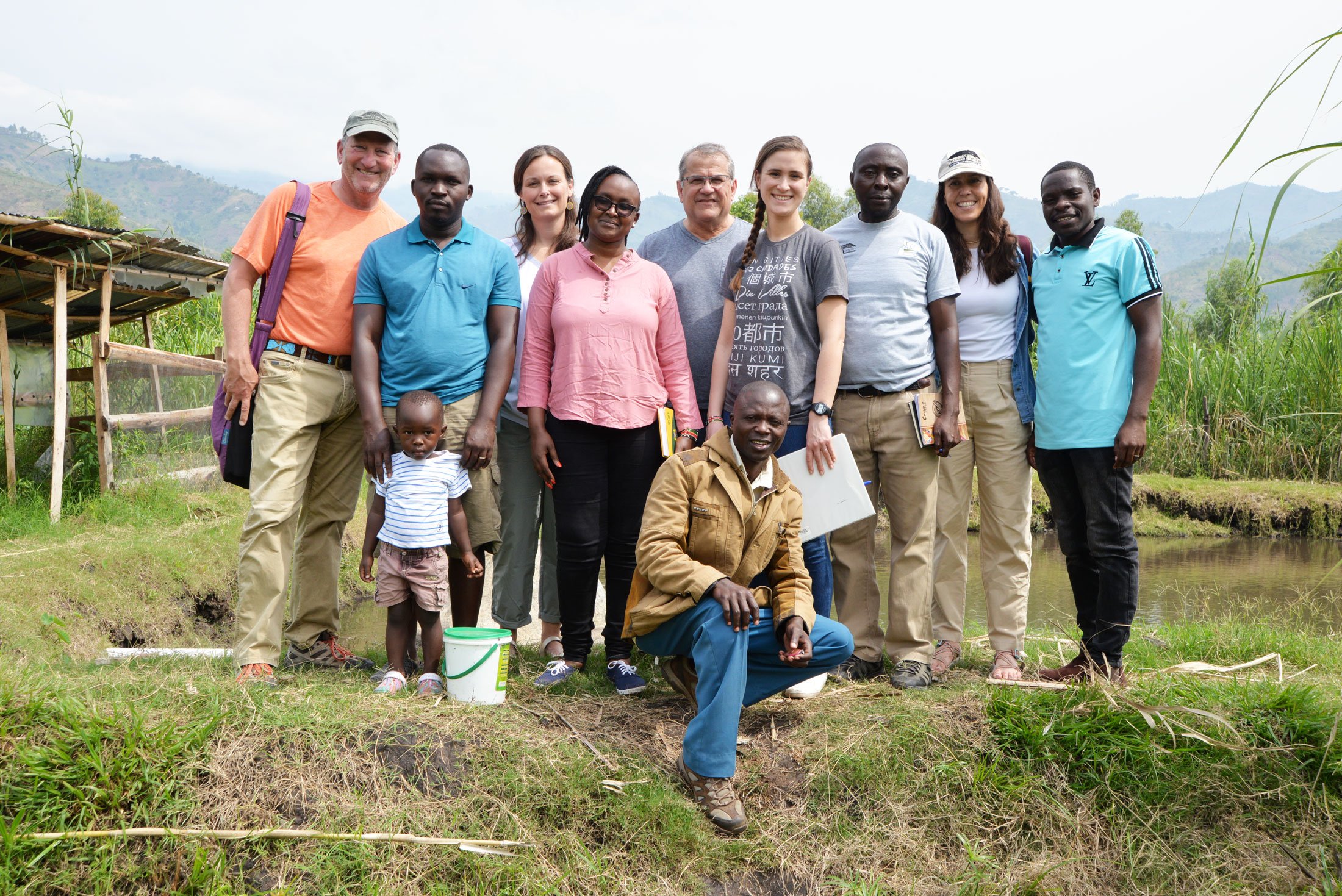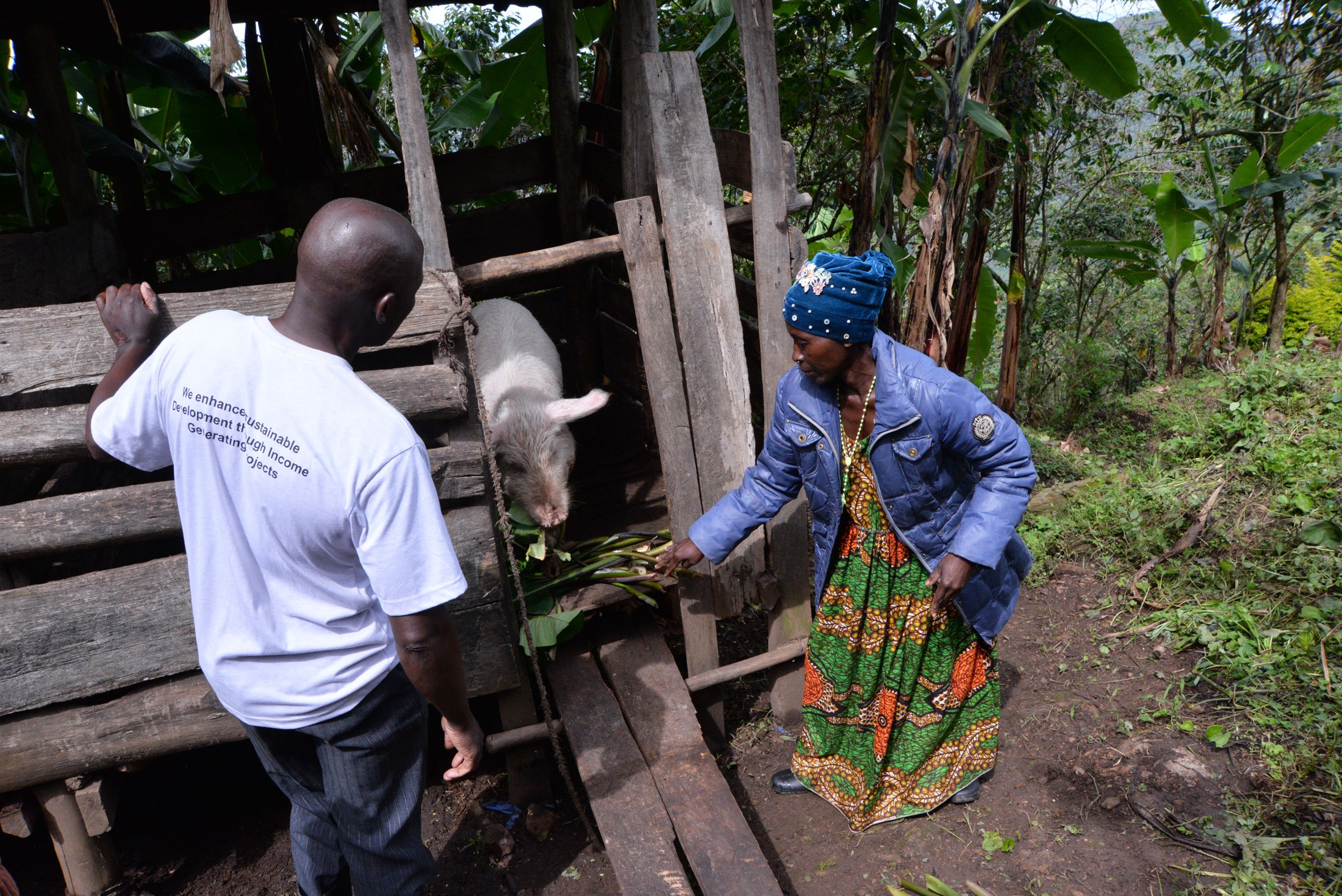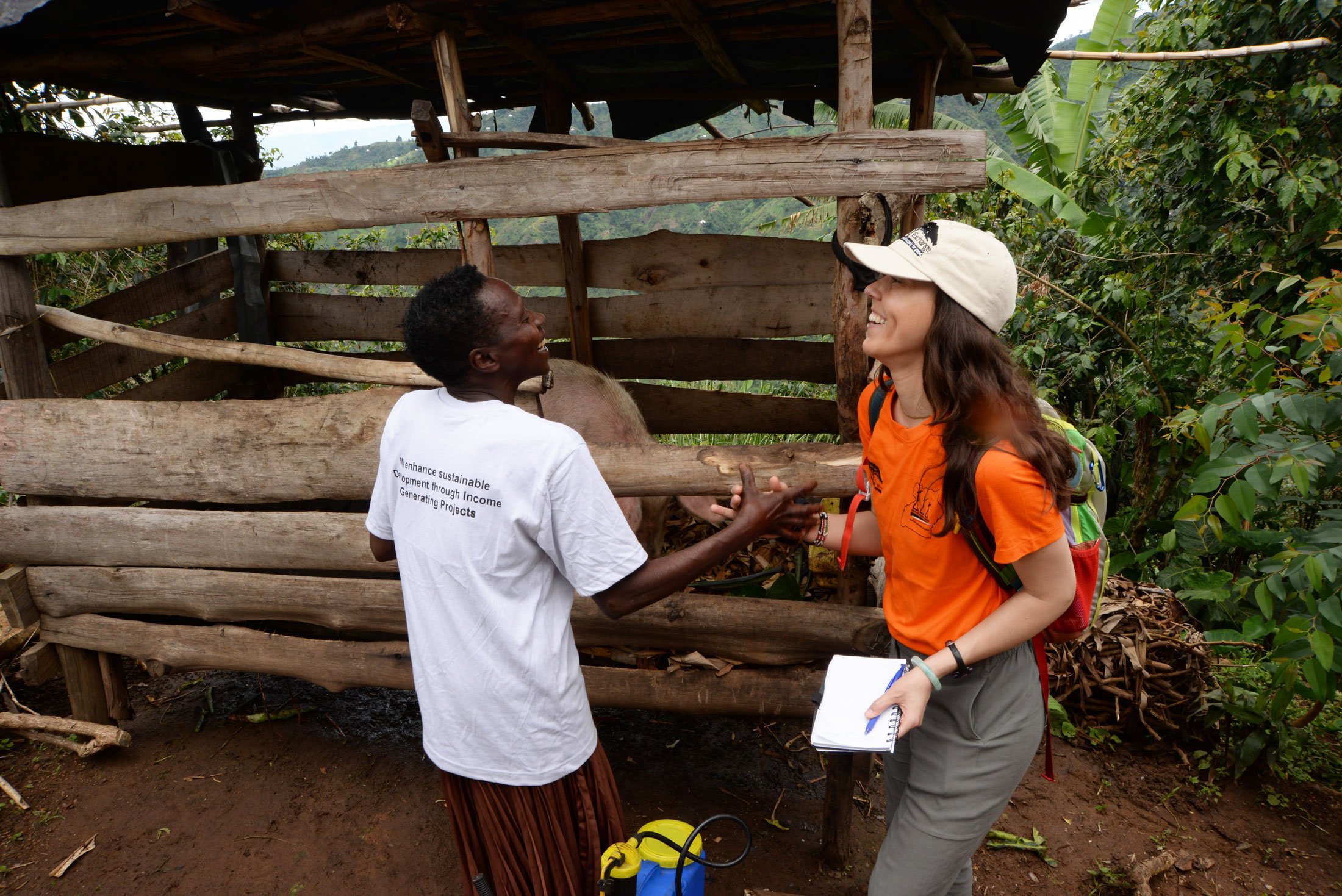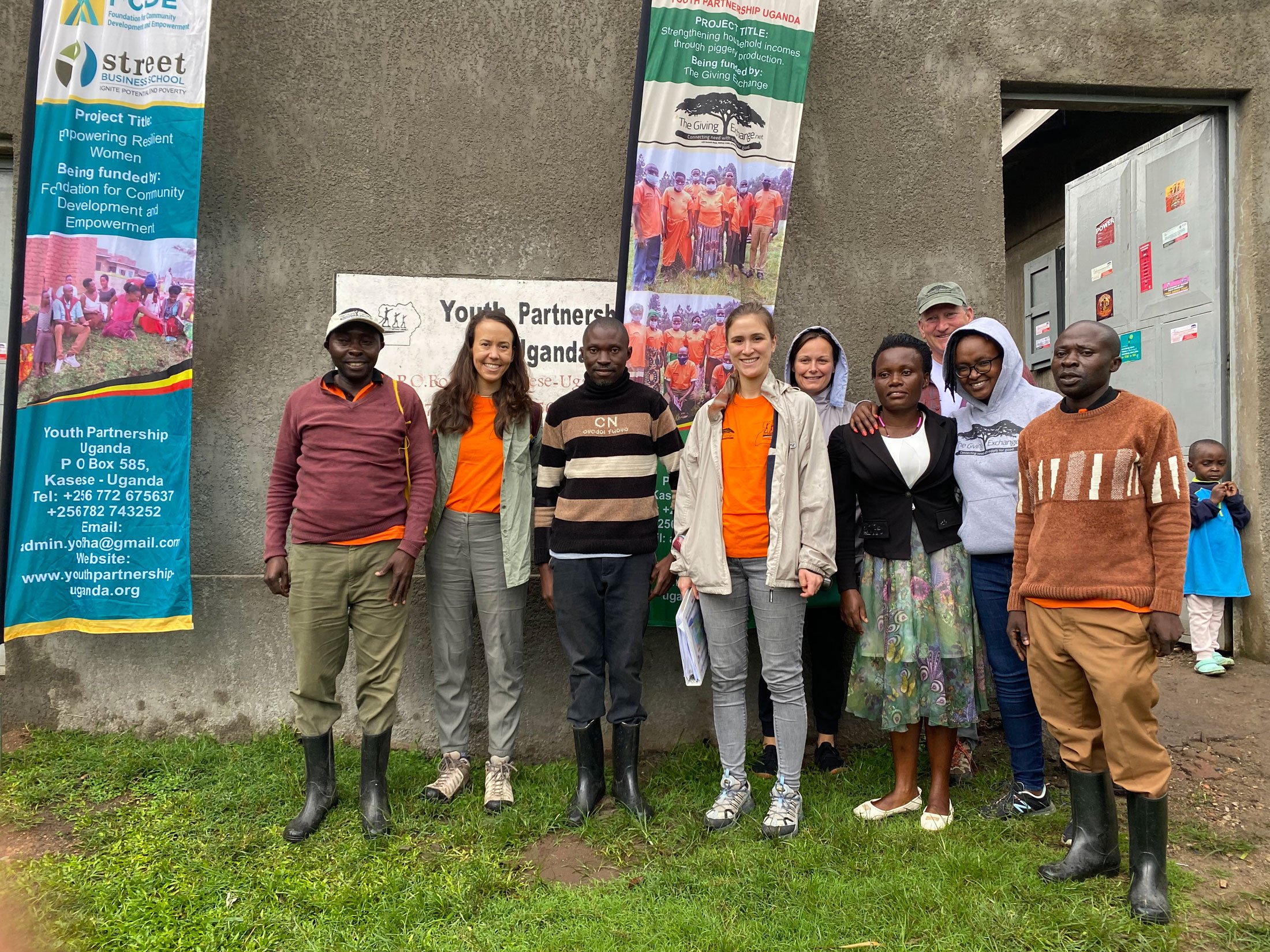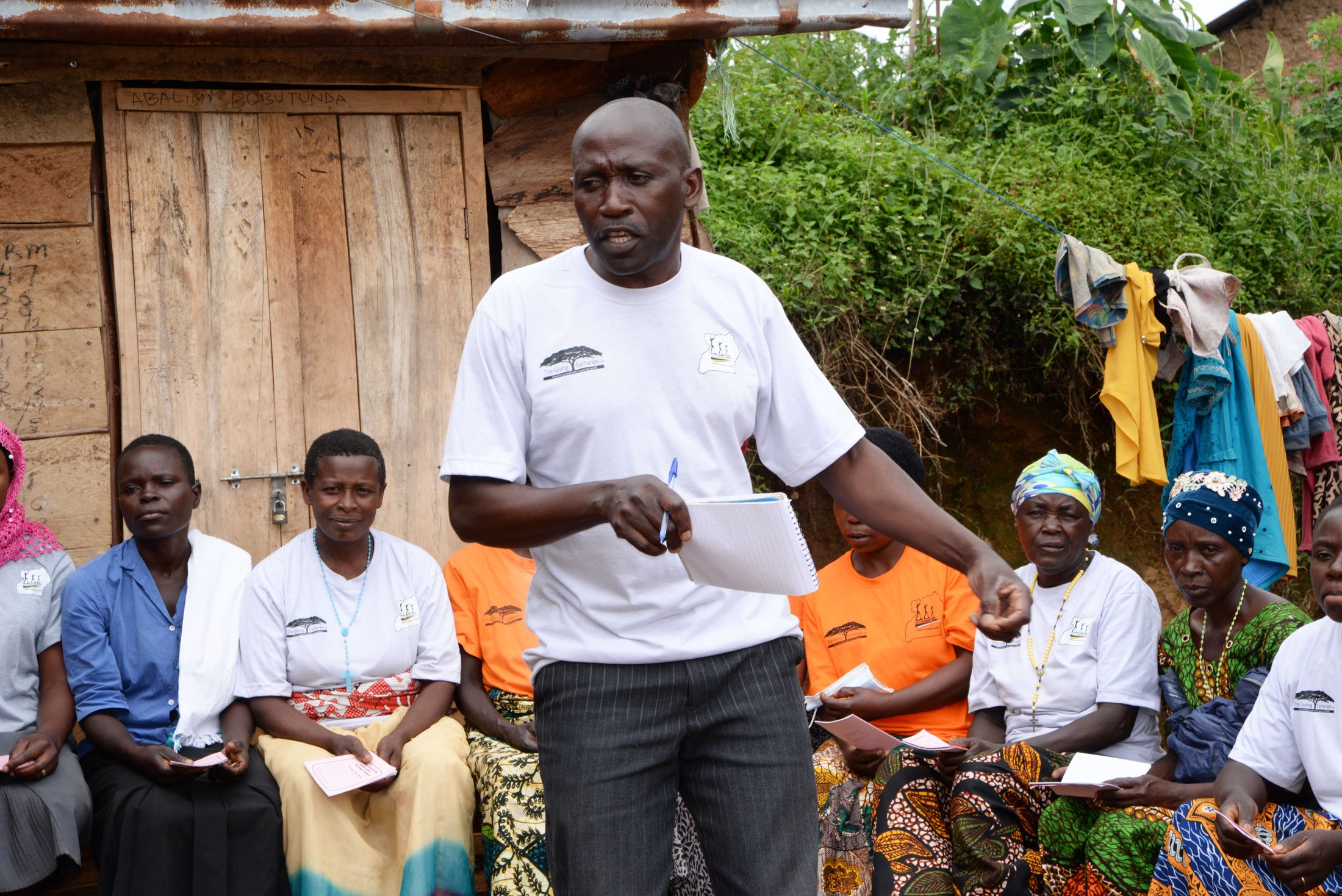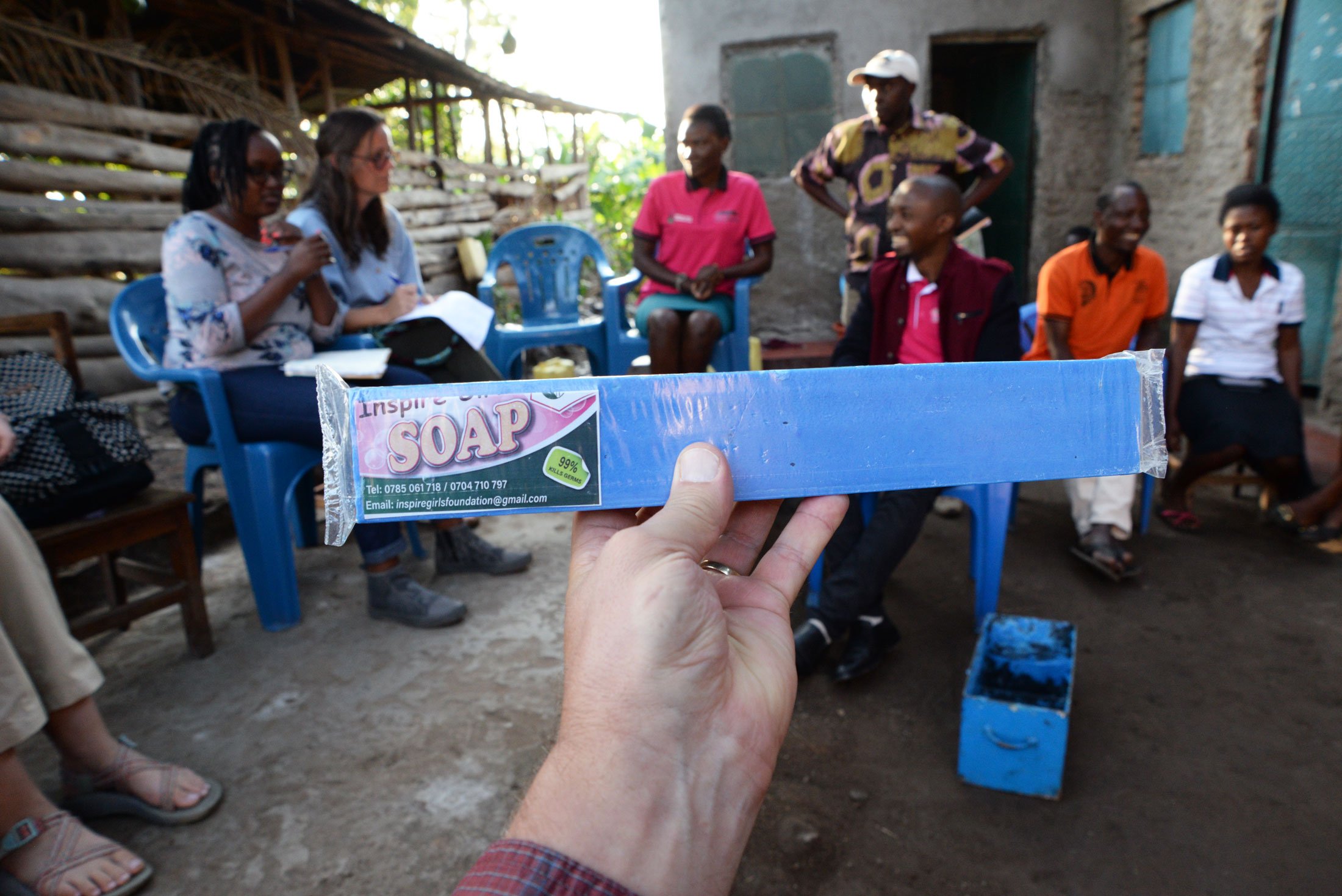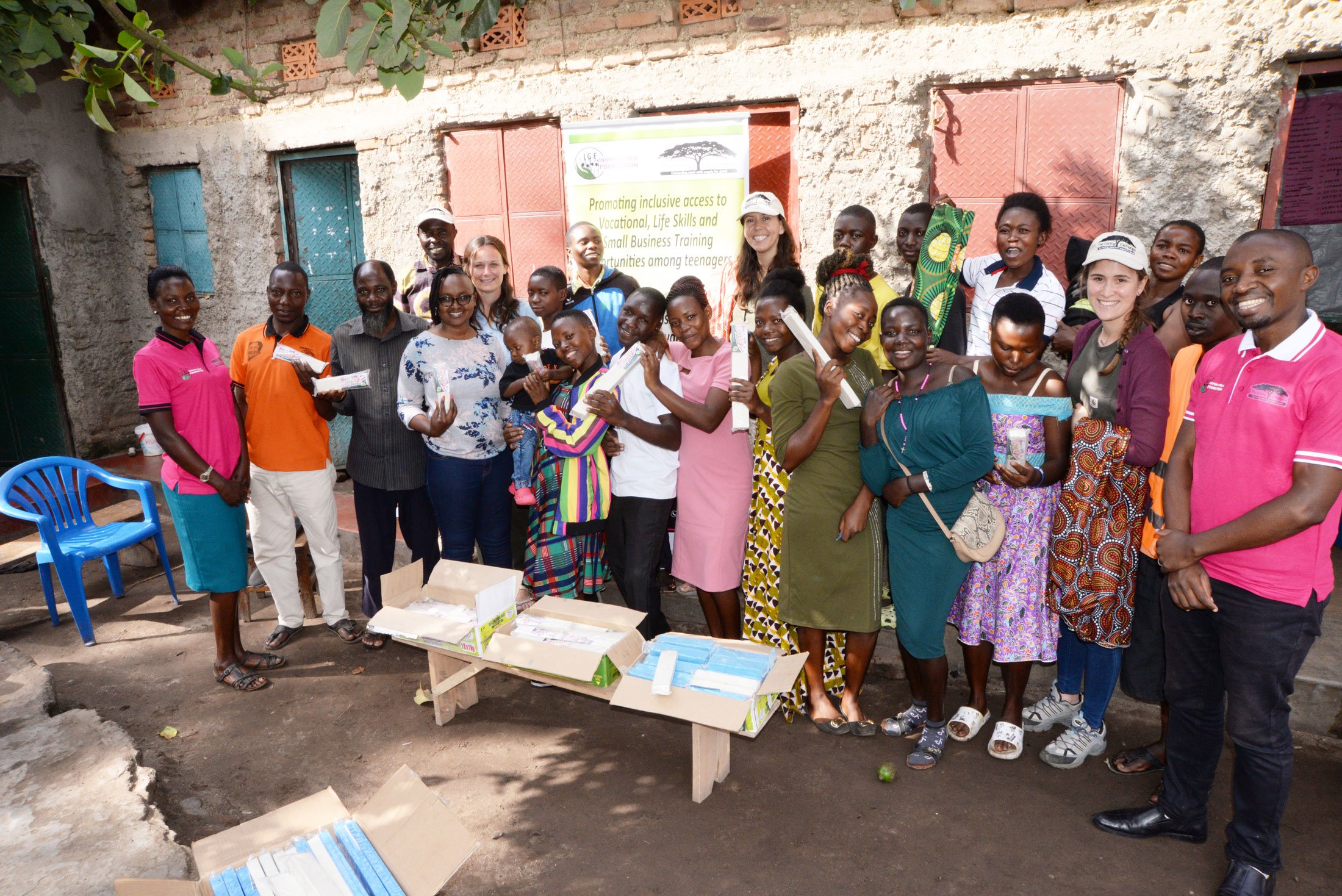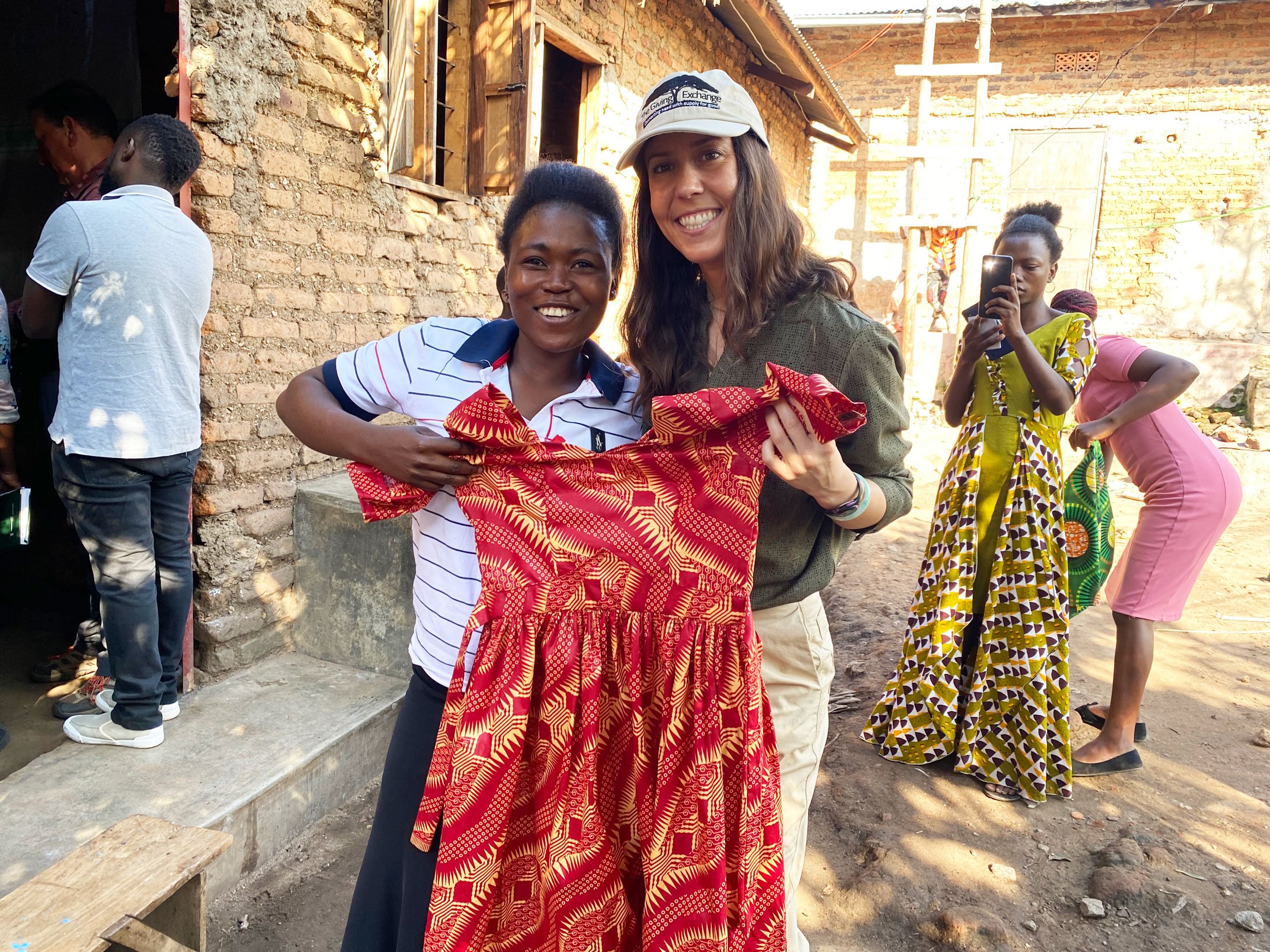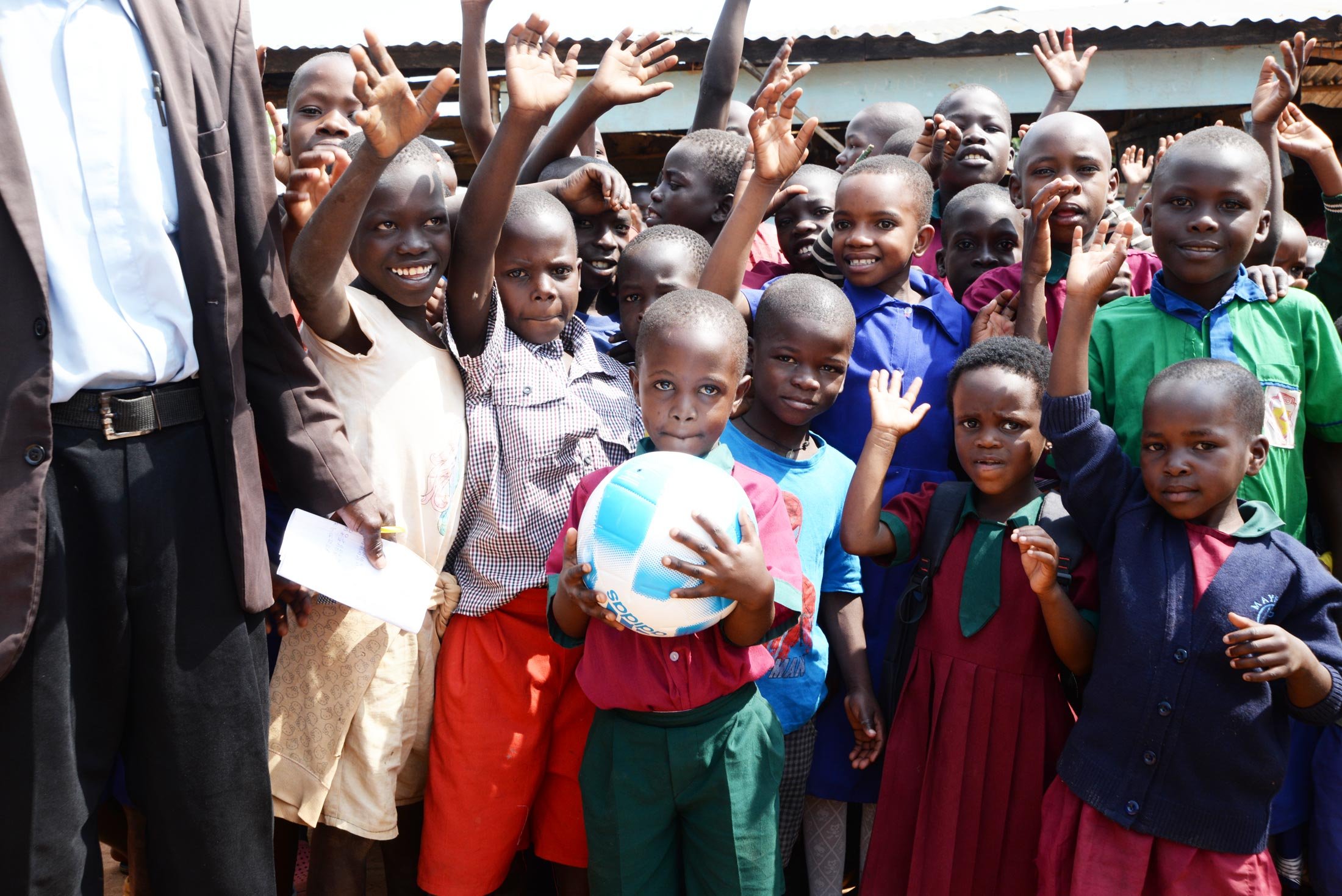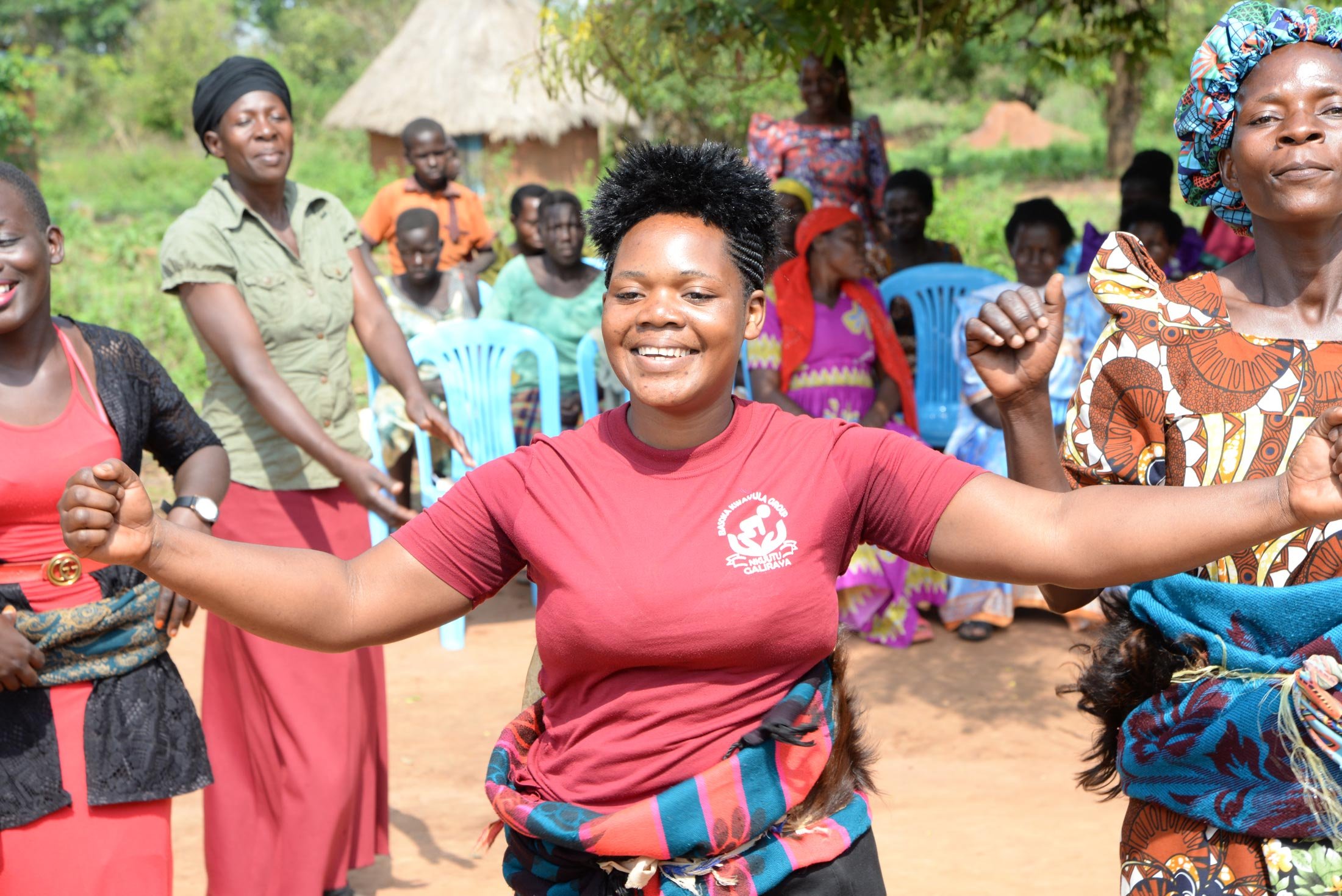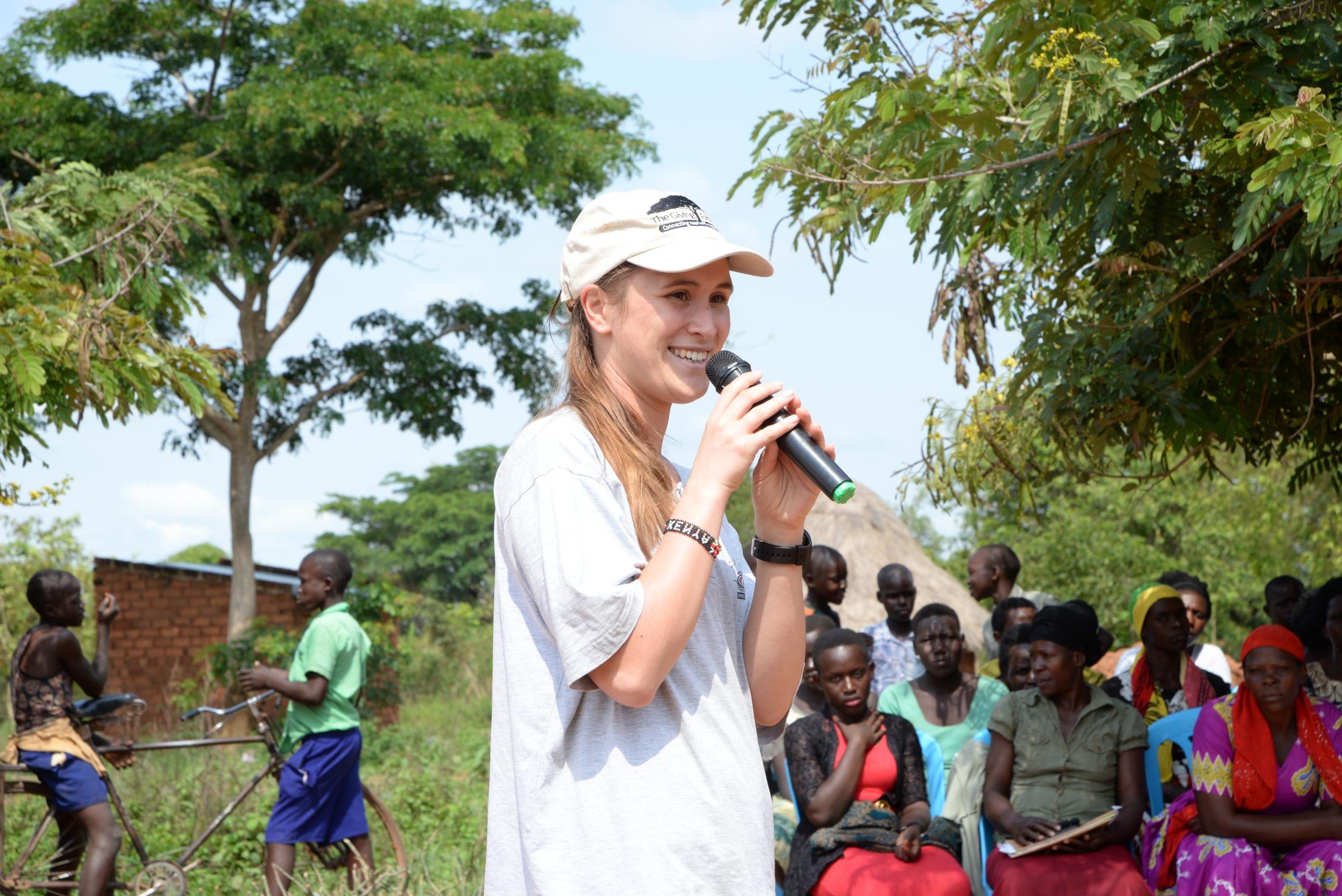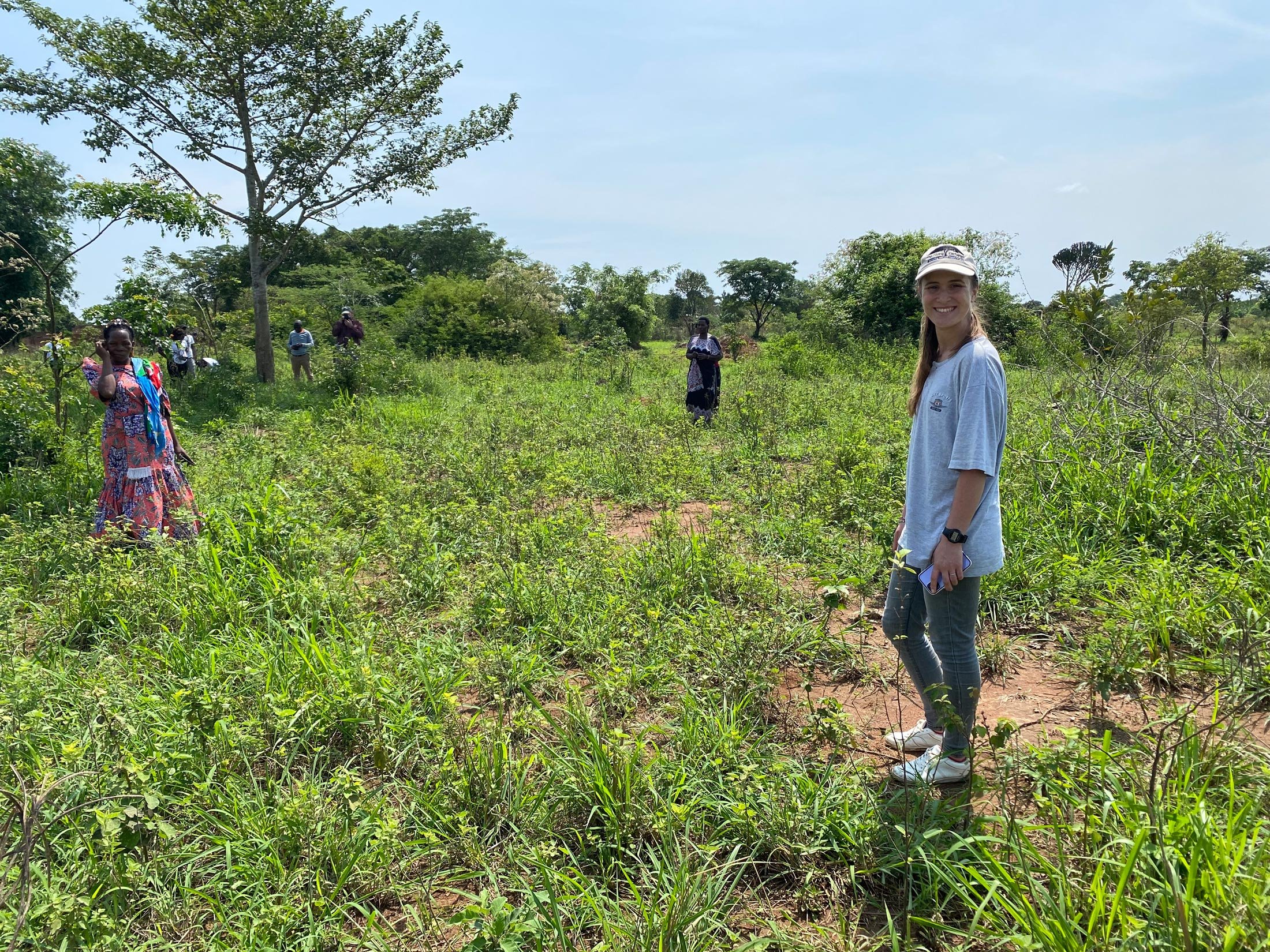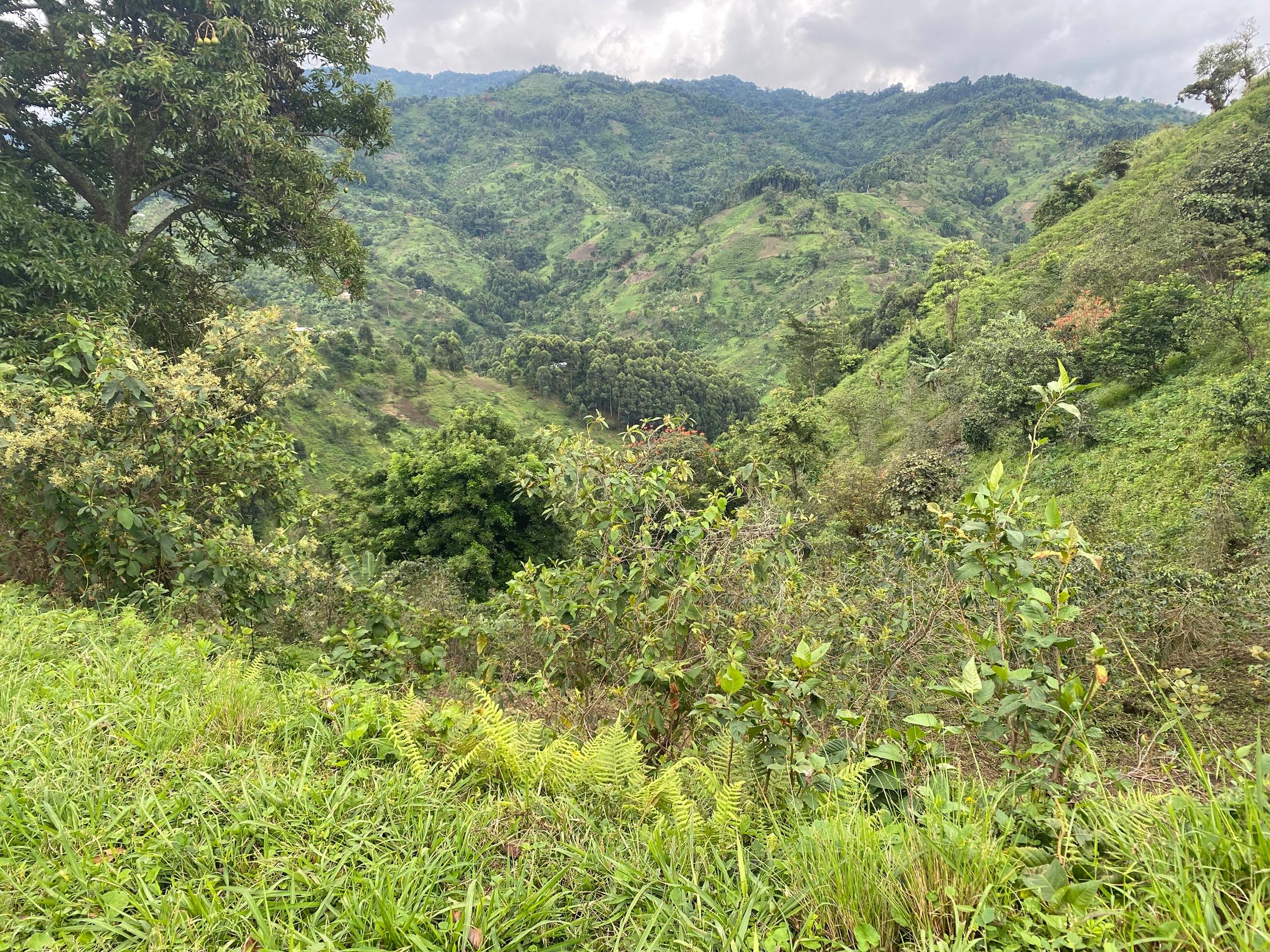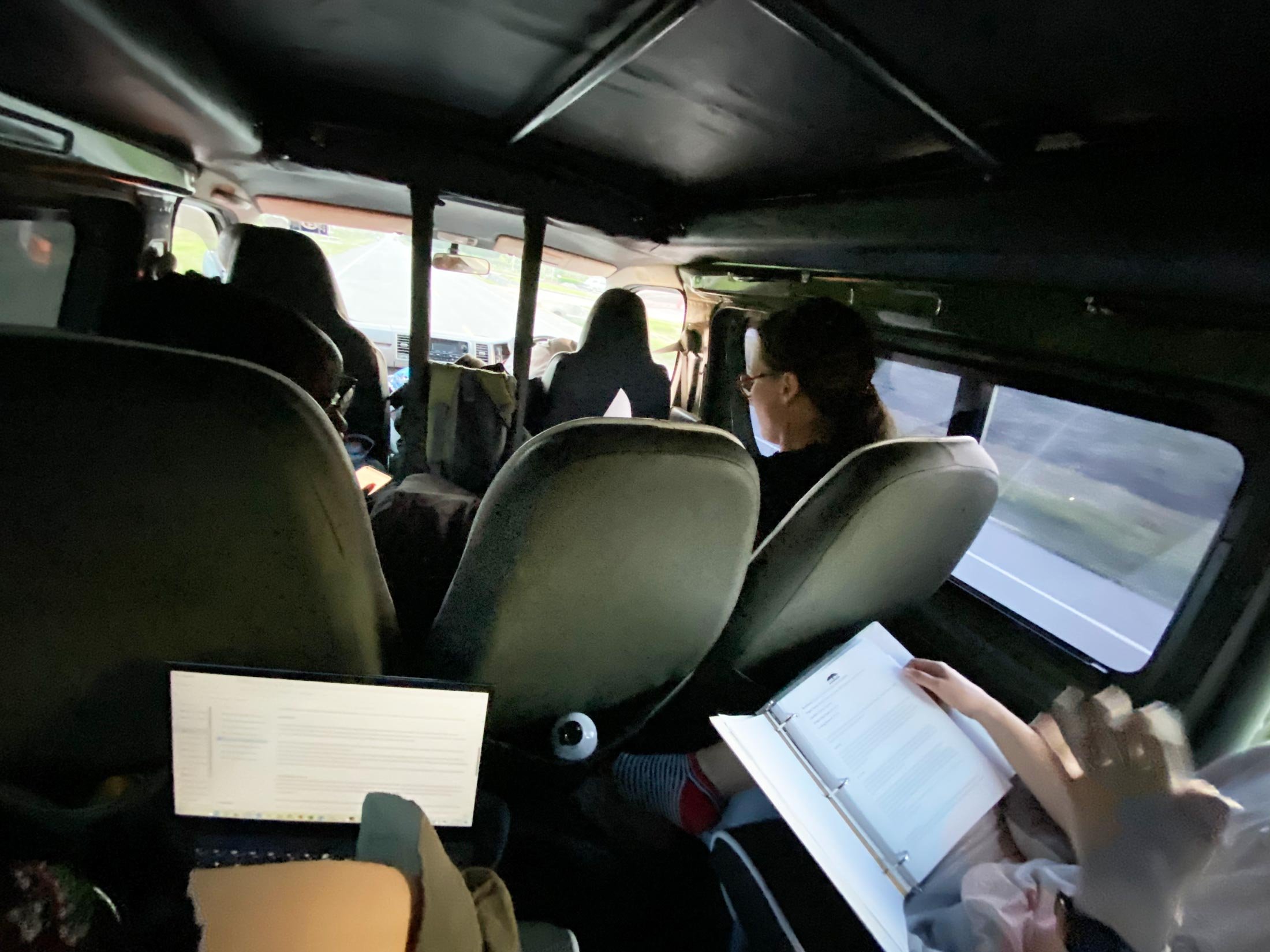Uganda Trip (March 2023)
From March 20-28, 2023, The Giving Exchange embarked on our first-ever trip to Uganda as an organization. The expedition was born out of necessity due to the steep increase in project applications and implementations in the country over the last two years.
In 2020, in the face of the pandemic, we implemented our first project in Uganda with BUVAD to help schools stay open and promote good hygiene practices: the Bottle Brick Water Tanks. The following year, we received new income-generating project applications from Uganda for the first time and carefully assessed and implemented two projects: Pig-Rearing with Youth Partnership Uganda and Training Tools with Ekisande. In 2022, we expanded our efforts with four additional projects, ranging from animal feed production to skills training for young women. As we now had six active projects in Uganda, it was time for us to visit and oversee them firsthand.
The purpose of our team trips is to:
Meet our beneficiaries in person
Learn about the culture, regulations, and norms of the country
Better understand the daily life for our beneficiaries: challenges they face, and the impact of the project's success
Oversee and improve our active and pending projects to ensure they have the greatest impact possible.
In this blog post, we will share our experience and the impact we made during our unforgettable trip to Uganda.
PART 1: Arrival in Uganda
Our team of six converged from all different parts of the world, including Nairobi, Paris, and San Francisco, with only one team member experiencing travel delays and flight changes – we’ll take that ratio! After finally arriving in Entebbe, we spent our first day driving via van to Kasese. We were told that the journey would take six hours, but in typical "Kenyan Time" fashion, it ended up taking us about 10 hours. Despite the delay, we were all still in good spirits and excited to begin our journey.
The drive was a great way to see the country, which was even more beautiful than we had imagined. The lush greenery and rolling hills were a stark change from the drought-stricken landscapes we had experienced in Kenya. Along the way, we stopped at a restaurant in Fort Portal for a lunch buffet, where we tried the local specialties of mashed banana and chapati. It was a tasty introduction to Ugandan cuisine and left us eager to try more.
Overall, our journey to Kasese was long but rewarding. It gave us a chance to bond as a team and experience the beauty of Uganda firsthand. We were filled with anticipation for the projects that awaited us and eager to make a difference in the lives of the communities we were there to serve.
PART 2: Projects
The Giving Exchange partners with under-resourced communities to implement self-sustaining projects for a lasting impact.
During our trip to Uganda, we visited six different project locations, each with its own unique challenges and success stories. Here, we’ll highlight three of them:
The first project we visited was the Black Soldier Fly Larvae (BSFL) animal feed production project with Karambi Group of People with Disabilities.
We were introduced to Moses (and his very charming son, Max). Moses is a married father of three who studied electrical engineering but has not yet found a job in his field of study. In the meantime, he has taken up fish farming as a hobby and was gifted start-up larvae for BSFL animal feed production from Karambi Group and The Giving Exchange.
It's worth noting that over 85% of homesteads in Kasese District rely on home-based animal-rearing projects like poultry keeping, livestock, and fish farming for their livelihood. However, the growing cost of animal feed is rendering many of these operations unprofitable and driving families into debt.
BSFL is a nutritious, versatile, and quick-to-reproduce animal feed option. In just 8 to 12 days, larvae are mature and ready for animal consumption. Local farmers, like Moses, have reported a 15% increase in income after six months. Additionally, sales of animal feed to the farmers have doubled, and the farmers have reported reduced costs on animal treatments due to the improved health of their animals.
Our visit to the BSFL project was both rewarding and inspiring. It was incredible to see firsthand the positive impact that this project is having on the lives of farmers in the Kasese District. We left feeling energized and eager to see the continued growth and success of the project.
Our team also visited Youth Partnership Uganda (YPU), a non-profit community-based organization in Kasese, Uganda, that aims to empower vulnerable communities through health, human rights, ecosystem management, and entrepreneurship for sustainable development. The Giving Exchange has partnered with YPU to provide pig and goat rearing skills and business training to 60 families in the hills of Kitholhu County, which borders Congo.
The project is designed to improve the livelihoods of people who have been displaced by natural disasters by providing them with income-generating solutions. The Giving Exchange has funded two cycles of pig rearing for 30 families each, with the families grouped into five groups of six members each. The community members received training in modern-day piggery practices and the Village Savings and Lending Association (VSLA) Model, and were provided with equipment to help with disease and parasite control for their pig farms.
Out of the 30 piggeries in the first cycle, YPU apprehended 40% of the piglets birthed to cover organizational costs and invest in a new pig-rearing program with 30 new beneficiaries. As a result of this project, 30 households directly benefited, and 182 piglets were birthed. In addition, 180 households benefited indirectly. The families used the revenue generated to re-enroll 48 children in school (25 in high school and 23 in primary school), purchase sanitary pads for girls, pay medical bills, and provide healthy meals, resulting in reduced malnutrition.
We were thrilled to witness the impact of our partnership with YPU firsthand and are excited to see the continued positive change this project will bring to the community.
Finally, we were excited to visit with the project team managing the Vocational Training with Inspire Girls Foundation.
Inspire Girls Foundation (IGF) is a community organization in Kasese, Uganda that promotes economic prosperity and sustainable businesses, especially for women and girls. IGF creates an environment where practical skills and entrepreneurship are taught, and behavioral changes are witnessed.
We funded a business and skills training for six cohorts of young women, teaching both tailoring and soap making as ways to improve livelihoods for the girls’ children, families, and communities.
IGF monitors 6 groups of 20 participants 15-24 years old, but the groups own the project. The group members help each other and appoint a group leader.
Most of their members are girls, but they also have some boys who have expressed interest and commitment.
The Ugandan government has been promoting the consumption of locally made products through its campaign “Buy Uganda Build Uganda”. Prices of foreign goods with inflation, alongside an increase in domestic-made quality and this well-intended political campaign, have created a significant market for goods like local, homemade soap.
This project was only recently started but in the first quarter, 131 beneficiaries had enrolled in bar soap making and since completing the training, 50 beneficiaries have received seed funding to begin their own bar soap enterprises.
Overall, they feel they are meeting their projected goals. They are making small profits and most importantly the program is instilling a “culture of savings.”
PART 3: Learnings and Conclusion
Over the course of our week in Uganda, we were able to visit six impactful projects and meet the beneficiaries whose lives have been changed by them.
At each location, our team was warmly welcomed and embraced by the Ugandan teams and greater community. We were humbled by the beautiful welcome ceremonies, which included singing, dancing, skits, food, gifts, and speeches. These gestures highlighted the hospitality and kindness of the Ugandan people, making us feel very accommodated and appreciated. These experiences provided opportunities for education and collaboration, strengthening our partnerships and enhancing the impact of our projects.
Through these visits, we learned three key takeaways:
1. Relationships are key. Building transparent and trusting relationships between our team, partners, and beneficiaries is essential for the success of our projects.
2. There’s a difference between "theory" and "practice". Being on the ground allowed us to better understand the realities our partners face and to help plan for challenges during project assessment and implementation.
3. Partnering with established NGOs (rather than individual schools or orphanages like our partners in Kenya) can impact a much larger number of beneficiaries in the long run, especially through programs like skills training.
Overall, our week in Uganda was inspiring and rewarding. We are grateful for the support and enthusiasm of our partners, beneficiaries, and the entire Ugandan community, and look forward to continuing to support our partners and their impactful work in months and years to come.
Sign up for our monthly newsletter to stay up to date.
